Attracted by the generous tax concessions for offshore enterprises and Cyprus' strategic location between the Middle East and Europe, the Bank of Credit and Commerce International (BCCI) with a global presence was among the banks to also set up an offshore international banking unit in Limassol, the country second largest city and principal seaport.
Country Information
Cyprus, officially the Republic of Cyprus, is a Eurasian island country, located in the extreme north eastern part of the Mediterranean Sea. Across the sea, it was located to the southeast of Greece, to the south of Turkey, to the west of Lebanon and Syria, and to the north of Egypt, Israel and the Palestinian Gaza Strip.
The northeast portion of the island was de facto governed by the self-declared Turkish Republic of Northern Cyprus.
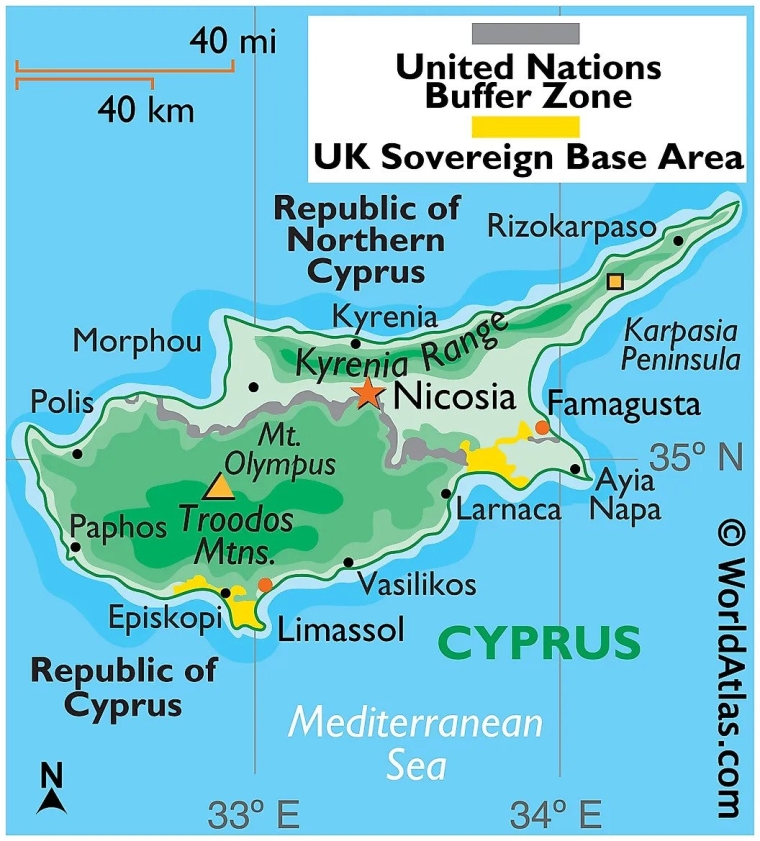
History
The Republic of Cyprus, known as Cyprus, was settled by human in the Old Stone Age several thousand years ago.
Cyprus was governed at various times by Greece, the Roman Empire, Arabs and the Turkish Ottoman Empire, until the country was placed under the British administration in 1878 and was formally annexed in 1914.
Cyprus was part of the British Empire under military occupation from 1914 to 1925 and a Crown colony from 1925 to 1960.
The Turkish Cypriots concentrated in the north were happy under the British, but the Greek Cypriots were hopeful of the political union of Cyprus and Greece.

On 16 August 1960 Cyprus gained its independence from the United Kingdom, after the long anti-British campaign by the Greek Cypriot EOKA (National Organisation of Cypriot Fighters), a guerrilla group which desired political union without establishing cooperation between the Greek and the Turkish Cypriot populations.
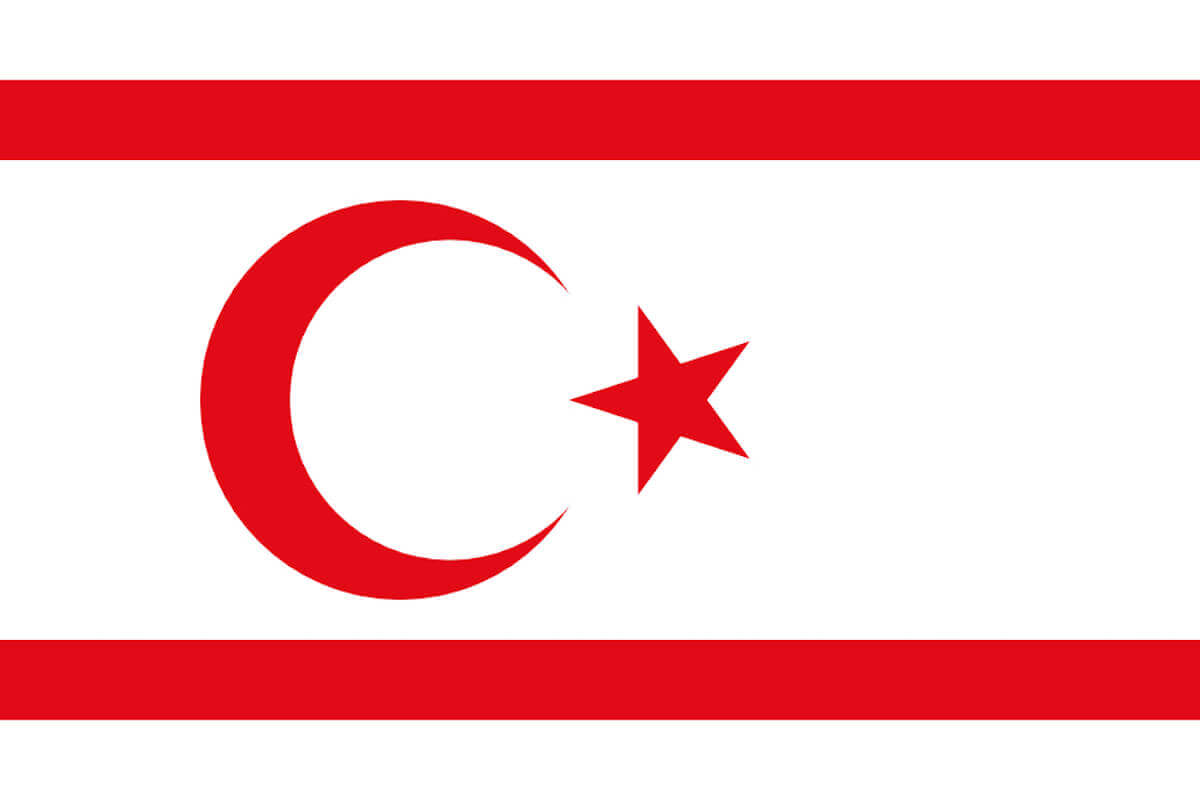
Cyprus’s strained relationships between the two communities led to the invasion by Turkey in 1974. Ever since the country was politically and geographically divided after the northern part of the island was renamed by Turkey as “Turkish Republic of Northern Cyprus”.
Nicosia was the divided capital city of Republic of Cyprus, and also, the capital city of Northern Cyprus, a country recognised only by Turkey.
The Greek Cypriot and Turkish Cypriot communities of Nicosia had segregated into the south and north of the city respectively in early 1964, following the fighting of the Cyprus crisis of 1963-1964 that broke out in the city under the country's occupation by the British.
Limassol is the principal port of the Republic of Cyprus.
Population and language
The population of the Republic of Cyprus, also referred to as the southern part of Cyprus, was estimated at 575 000 at the end of 1990.
The Turkish invasion of Cyprus in 1974 de facto partitioned the island into two political areas: around 99% of Greek Cypriots with other nationalities lived in the southern part of Cyprus (Republic of Cyprus), while around 98% of Turkish Cypriots lived in Northern Cyprus.
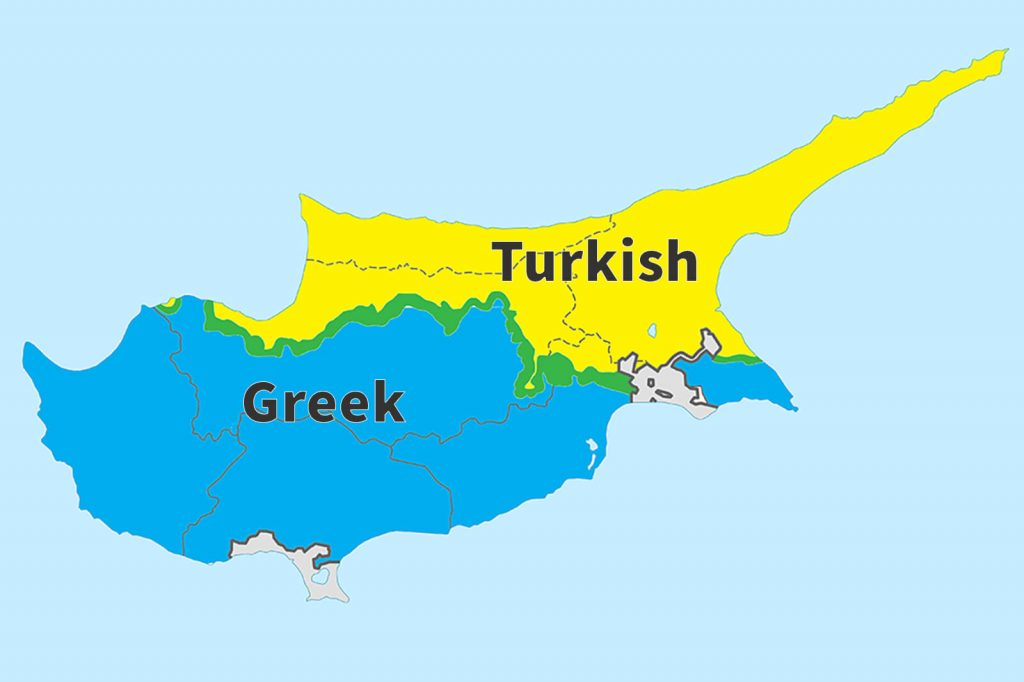
Greek was predominantly spoken in the South among the majority Greek Cypriots, and Turkish in the north among the majority Turkish Cypriots.
English was widely used throughout the Republic of Cyprus.
Economy of the Republic of Cyprus
The Turkish invasion of the northern 37 percent of the island severely disrupted the economy of the Republic of Cyprus. Fragmentation of the market, a massive displacement of people (about a third of the island's population), and loss of important natural resources had devastating effects.
The government responded with the emergency economic action plans, for 1975-76 and 1977-78 with expansionary fiscal and monetary policies aimed at stimulating economic activity. Incentive plans to encourage private economic activity were implemented.
Agriculture and mining declined while manufacturing increased with most exports directed to the Middle East and Europe. Tourism was also an important source of foreign exchange earnings.
Other services that gained importance included transportation, storage, telecommunications, finance, insurance, real estate, and business services.
The generous tax concessions for offshore enterprises and the island's strategic location between Europe and the Middle East attracted many foreign businesses and banks to establish businesses that were based primarily in the city and seaport of Limassol.
BCCI in Republic of Cyprus
Limassol, the second largest city and the principal seaport of the Republic of Cyprus, was also the country's main tourist centre.
The bustling port had also taken over much of the trade that once passed through Beirut, Lebanon. In the 1970s and 1980s Limassol also became home to many thousands of prosperous Arab refugees from Lebanon and immigrants from Saudi Arabia and Kuwait.
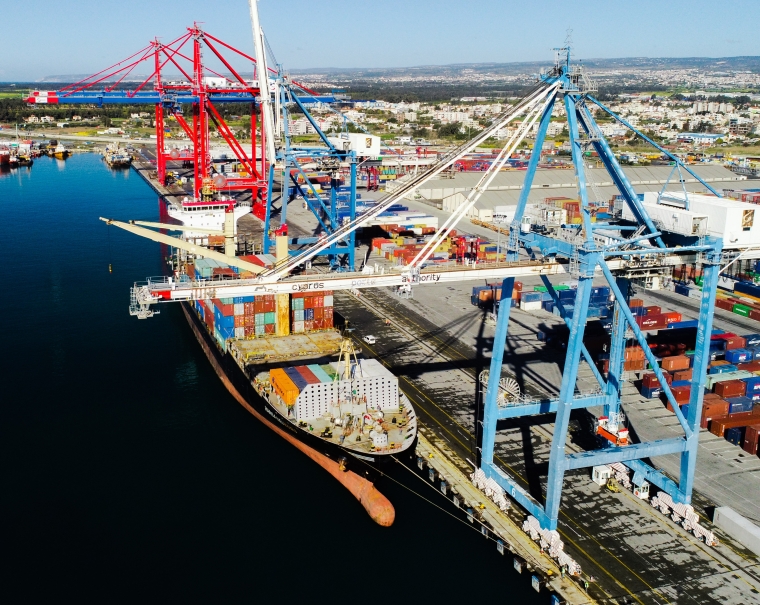
Bank of Credit and Commerce International SA (BCCI) obtained a banking license from the Central Bank in Cyprus and joined the list of foreign banks operating an international Offshore Banking Unit in Limassol.
Limassol branch was located at:
PO Box 1963
256 Leontiou Street, Maximos Court
Limassol
Telephone: (35 751) 38 336, 37 537, 36 338
Fax: (35 751) 35 586
Telex: 4255BCCI SA CY / 3702 BCCI SA CY
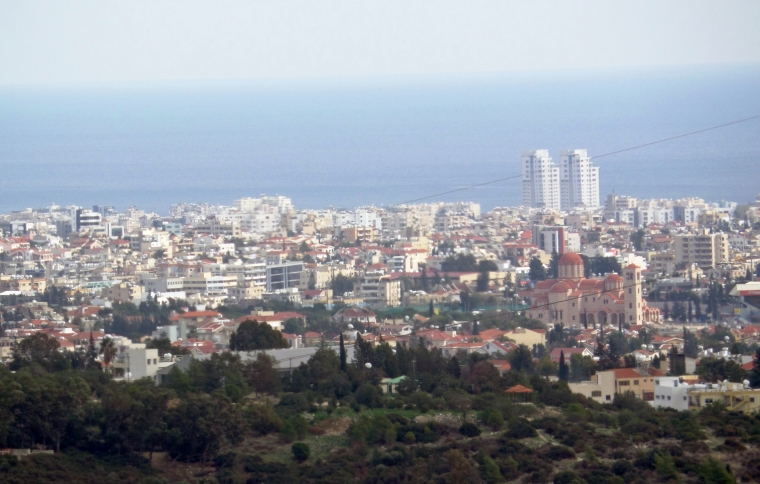
BCCI's OBU banking operations were restricted to non-residents in foreign currencies, and with Cyprus-registered non-resident companies and banks, and their expatriate staff.
The tax concessions on offshore business did not require BCCI to pay tax on profits.
BCCI closure
On 5 July 1991 the Bank of England and other regulators in the west decided to abruptly freez BCCI Group's assets and shut down BCCI's operating branches worldwide.
The priority of the governments and central banks in some countries was to protect their people and the local operations of BCCI continued in a different name after the assets and liabilities were acquired by private investors or another bank.
On 8 July 1991, the Central Bank of Cyprus imposed a condition upon the licence of BCCI in Cyprus requiring the branch to abide by the closure instructions from the L'Institut Monetaire Luxembourgeois (IML), the Luxembourg Monetary Authority (Central Bank). The court in Limassol appointed DRT as Provision Liquidator on 22 August 1991. No further information is available.
The BCCI Group majority shareholders considered the abrupt action by western central banks to shut down BCCI in 1991 was unjustified when they already had detailed discussions with the Bank of England and other regulators on a restructuring plan and would have injected further capital, if required.
In a 24-page report not made public but sent to some 60 central bankers worldwide, the United Nations Center on Transnational Corporations said that by simply shutting down the 70-nation banking network that financed international trade of $18 billion a year, the economic damage fell hardest on countries like Nigeria, Bangladesh and Zambia, where B.C.C.I. was an important institution. (New York Times, Feb 5, 1992)
